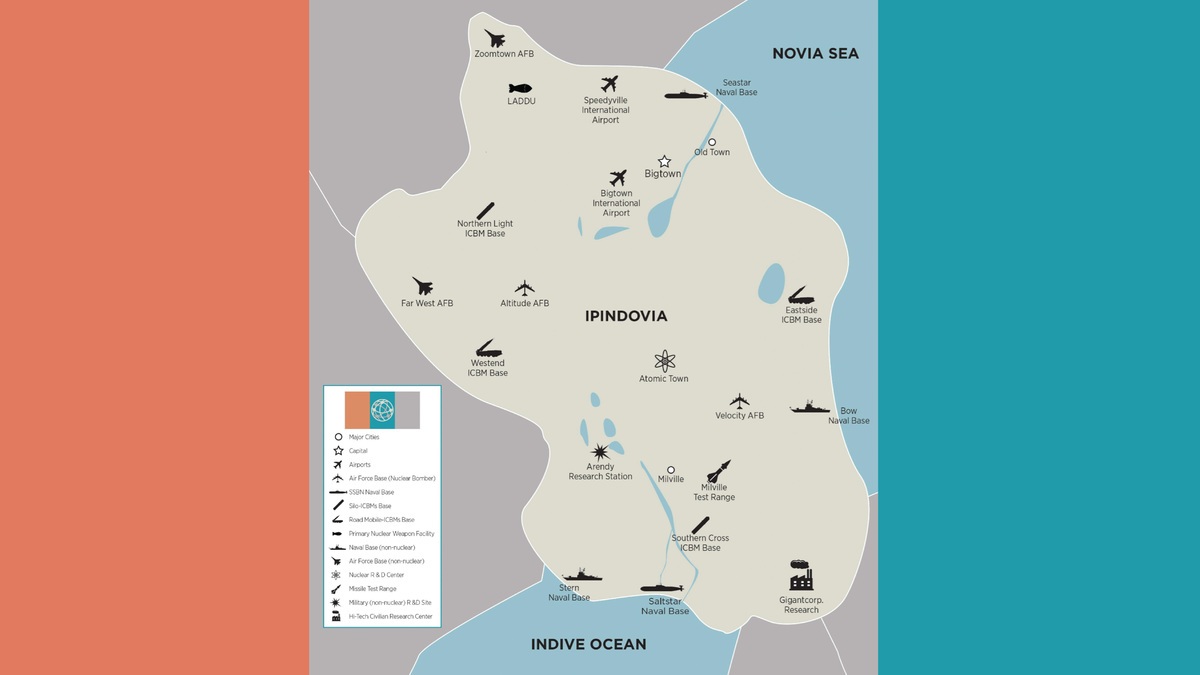Welcome Remarks by Mr. Pieter Jan Kleiweg
Deputy Director-General for Political Affairs, Netherlands Ministry of Foreign Affairs at the IPNDV Working Group Meeting
18 June 2019, Utrecht
Ladies and gentlemen,
- Let me start by welcoming you all to the Netherlands for this joint working group meeting of the IPNDV. We are proud to host this important meeting, the last one before the plenary that will conclude the second phase of the partnership.
- I would like to extend a special welcome to the colleagues from the Nuclear Threat Initiative and the US State Department, who have created the partnership and were of great help in setting this meeting up.
- Let me also extend a special welcome to those that came from far away, especially the colleagues from Argentina, Brazil, Nigeria, and the Philippines. We really appreciate you coming from that far.
- We decided to host you in the city of Utrecht this week. I hope you will enjoy the historic surroundings that the city provides. There are two parts of its history that deserve mentioning here in particular.
- You are currently in the “Pope’s Home”. It was built by Adrian Boeyens, who was a bishop form Utrecht. Or rather: he commissioned it in 1517. At that point, Adrian was serving at the court of Charles V in Spain. But before he could return to this house, he was elected as the only Dutch Pope in history and went to Rome. That’s where he died a year later. So he never got to even see this house.
- Second, this is the city where the Treaty of Utrecht was signed in 1713. This ended the Spanish War of Succession. It also marked the decline of the power of the Dutch Republic, where the negotiations were held. As the French Ambassador told the Dutch: « nous traiterons sur vous, chez vous, sans vous ». We are negotiating about you, in your country, and without you.
- I am not mentioning these parts of history for nothing. They actually hold important lessons, even for the IPNDV. But I will get back to that.Ladies and gentlemen,
- Nuclear disarmament is a foreign policy priority for the Netherlands. We fully support the goal of a world without nuclear weapons. And we keep actively working towards that.
- Our government has repeatedly reaffirmed its dedication to this goal. Especially now, when the international security and stability face serious threats.
- Of course, I do not need to tell you that times are tough in the world of arms control and disarmament. But indulge me for a moment while I do so anyway.
- Relations between major nuclear powers have worsened while the role of nuclear weapons in international rhetoric has increased.
- The JCPOA is under strain.
- The Russian violations of the INF are leading to the demise of this treaty, which has made a great contribution to security and peace in Europe.
- Very few nuclear arms control instruments remain; New START may be the last constraint on strategic arsenals.
- The DPRK has not ceased its missile-related activities, nor has it shown any inclination towards denuclearization.
- And the picture is bleak in relation to other WMD, too. Chemical weapons were used in attacks in the UK and in Syria. Impunity for the perpetrators of those attacks threatens to erode crucial international norms.
- I am not reminding you of this simply in an attempt to ruin your day. But I would like to remind you how important it is that we keep trying to make progress in terms of nuclear arms control and disarmament.
- And working on verification is really one of the most important parts of that. It will be an essential part of future nuclear disarmament agreements. It creates trust between countries. And it helps to build habits of cooperation between experts, diplomats, and military establishments.
- That’s why IPNDV is integral to the nuclear disarmament process. It is one of the few areas where meaningful progress is being made and can be made in the foreseeable future.So, ladies and gentlemen,
- Let’s not take the IPNDV for granted. The initiative will end its second phase this year. So it is time to start thinking about how to move ahead. About how to ensure the IPNDV will continue to be an important part of the nuclear disarmament landscape.
- One of the challenges before you is how to make sure that the sometimes very technical work of the IPNDV is understandable and comprehensible to the people outside this room, not just to those in it.
- NTI does great work in this regard with the website and infographics. But the work of IPNDV is complicated stuff that diplomats, decision-makers, ministers and parliamentarians often have difficulties to grasp. That impacts the effectiveness of IPNDV.
- So we should think about how to communicate what we do even better. How to do outreach, and how to ensure that the NPT community understands the crucial role of our work in the process of implementing article VI of the treaty.
- When considering the next years of the IPNDV, I would therefore like to encourage you to think about specific results and outcomes for the IPNDV that would help those efforts.
- Aside from the excellent papers and reports, how can IPNDV contribute to the nuclear disarmament process? How do we get from conceptual and technical work to tangible options and solutions that could be of direct use to future negotiators? This is where the first history lesson comes in. Do not let the work of the IPNDV become a Pope’sHome, that we will never see in real life, in practice.
- Exercises, simulations, and scenario-based work will be important to do so. That’s why I’m glad to see all the valuable work of the IPNDV in this area, especially yesterday’s walk through exercise and the French-German NuDiVe exercise in September.
- I encourage you all to discuss this week on how to further build on these excellent initiatives.
- And to consider how to expand IPNDV’s reach a little further. The IPNDV must remain an inclusive and diverse group if we want to maximize its political impact. How can we engage countries that aren’t part of IPNDV but may want to be? And can we make a serious attempt to bring Russia and China back into the IPNDV? This is the second lesson from Utrecht’s history. We should not let the IPNDV become “sur vous, chez vous, sans vous ».
- Most importantly, in continuing the valuable work of the IPNDV, stay ambitious. Realism is important in our work, but you must be bold in setting your goals for the next phase of the IPNDV. Even though IPNDV does not negotiate any treaty, it should inspire those who do.
- So let me finish up by thanking you once again for all your work so far, by thanking you for travelling to the Netherlands to continue your work here, and most of all by wishing you all good luck this week.





